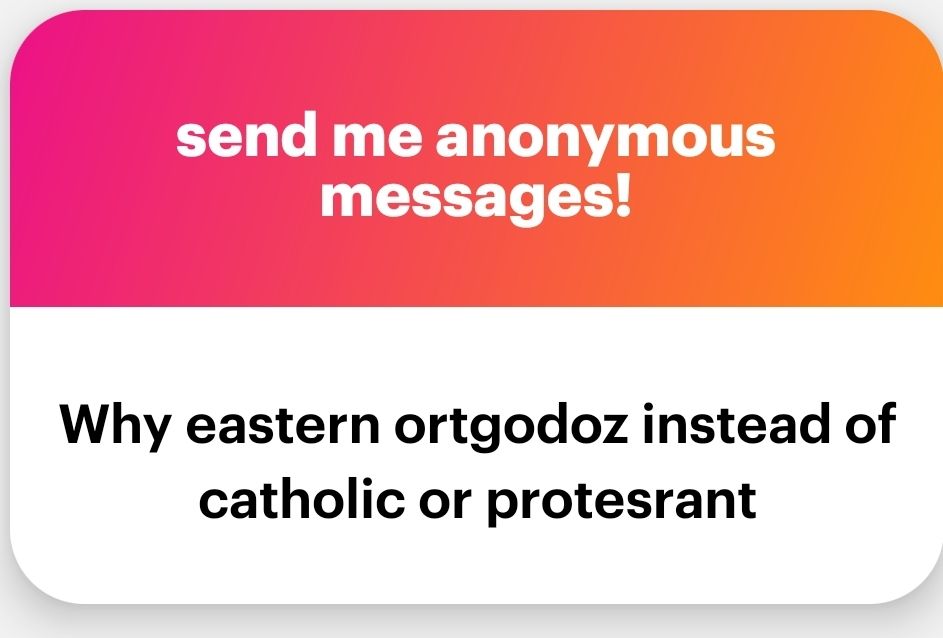
Another great question. What is it today with all the great questions?
OK, so what is a solution? If you have a major, persistent problem in your life, how do you solve it?
I don’t know anything about your life so let’s use mine as an example of problem-solving. I left my first husband when I was 22. For the next 9 years, I dated. A lot. But every relationship I entered followed the exact same pattern that I’d had with my ex-husband. I chose men of different nationalities, languages, age groups, etc. But the result was always identical. It was so identical that it would actually be funny if it weren’t so pathetic. I blamed the men – they are bad, they are low-quality. I blamed my bad luck. The actual problem was obvious to everybody around me except for me because I didn’t want to name the actual problem.
Then I finally got over myself and diagnosed the actual issue. I confessed to myself that I needed to replay my first marriage in miniature. This was a powerful need that I had, so I kept engineering these situations with a blind dedication.
Once I correctly named the problem, it was gone. I almost immediately met N and we have had a completely different kind of relationship for 17 years and counting.
Correctly naming the problem is the solution. If you are stating what the problem is and the solution doesn’t materialize, it means you haven’t yet named it right.
Look at what people do in AA, for example. They go to meetings where they repeat, “hi, my name is Johnny, and I’m an alcoholic.” Then they talk about what alcohol means to them, and that’s how they solve their problem of alcoholism.
Even in terms of an individual life, solving a persistent problem is extremely hard because the brain loves nothing more than the status quo. It will throw up all sorts of defences to prevent you from seeing the actual problem. “I’m lazy, I’m not good at this, society oppresses me, etc.” This becomes even harder at the level of society where, barring a deeply traumatic collective experience, you’ll have millions of people putting up defences to avoid seeing the truth.
We don’t want a traumatic collective event here in America, so we’ll have to plow through patiently and for a long time before we can all name the problem and move away from it.
